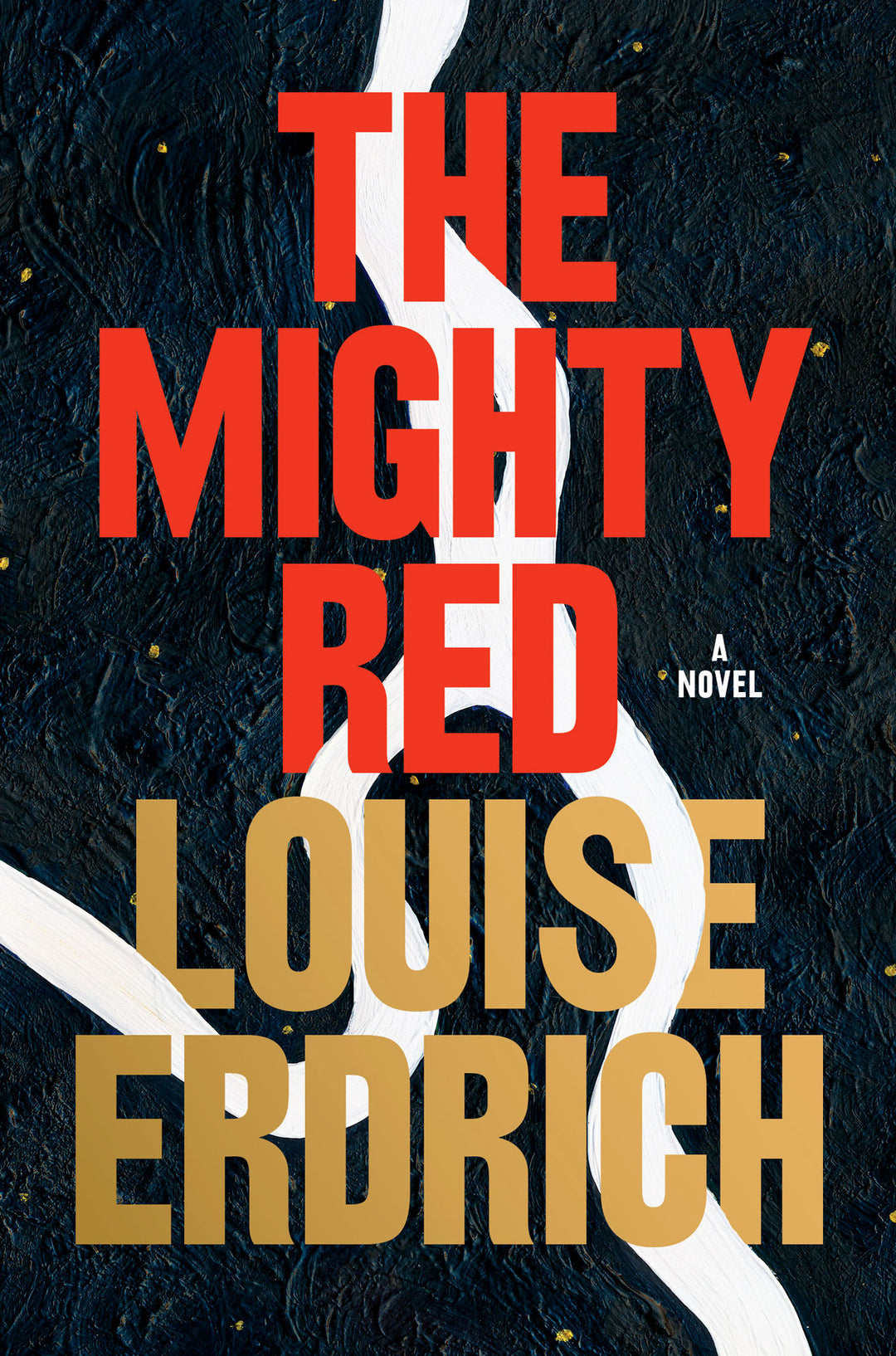The Silence of the Girls

Since reading Pat Barker's powerful Regeneration trilogy, I've been an ardent admirer of her work. The Silence of the Girls, her latest novel, is extraordinary. Ostensibly a retelling of the Illiad from the point of view of Briseis, captured queen and war prize of Archilles, the book seems more an artifact unearthed from time than a historical novel. Barker's genius is to tell this story with such simple and direct poetry that it speaks truth. Says Briseis "Great Achilles. Brilliant Achilles, shining Achilles, godlike Achilles… How the epithets pile up We never called him any of those things, we called him, 'the butcher.'"
Every sentence is anchored in the senses. The odors of women waiting in a hot tower to be murdered or enslaved by their captors. The pathetic sight of slave women too old to be sexually used, asleep in burrows with the camp dogs. The crackling sound of lethal infection beneath the skin of a wounded soldier. The taste of watered wine. The blunt disgust and horror of being forced to have sex with the man who has murdered your family. The salty rapture of bathing in the sea. Barker works with a lived poetry.
At times this book reads as a moving commentary on our current ethos.
As Briseis unflinchingly recounts the daily murders and the shifting uses enslaved women are put to in the Greek war camp, she uses the survival bonds of hurt and seething women as a sort of chorus of disdain. Men waste their power in idiotic quarrels over women, over honor, over nothing, while women desperately attempt to guard their children and live out their lives no matter how brutal. One of Barker's great themes is how violence erodes the personality. The stubborn pride of Achilles leads to the loss of his childhood love, Patroclus. Meditating on the madness of Achilles' grief Barker refers to Strange Meeting, by perhaps the greatest poet/soldier of World War One, Wilfred Owen. Over and over, Achilles enters an underworld of the war dead, Hades, searching, and 'then, as he probes them, one springs up and stares, with piteous recognition in fixed eyes . . . ' This is a line from Strange Meeting, in which a soldier meets the man he recently killed, as does Achilles. He is haunted by Lycaon, the son of Priam, who scrambled up a river bank toward Achilles, greeting him with the word, Friend. Achilles did not spare him, or think twice, and he is tortured by the enormity of his casual cruelty.As powerful as this scene and so many scenes of male reckoning are, throughout this book, it is a book of women. Women who bear their children in agony and raise them with infinite care, only to see their sons slaughtered off-handedly on the intimate field of battle. Women who survive by exchanging warnings, gossip, information on how to handle men. Women who, let us not forget in the nascent democracy that was Greece, had no agency, no power, who were chattel, who were silenced. In Homer's gorgeous bombastic epics the men slaughter children and each other, they pout, they roar, they rage to the heavens, while the women take care of everything on earth.
Oh dear, I forgot about Valentine's Day! Oh well. It is a truly brave fellow who will gift this book to his lady love. And a woman among women who will get it for herself and pass it to a friend.






